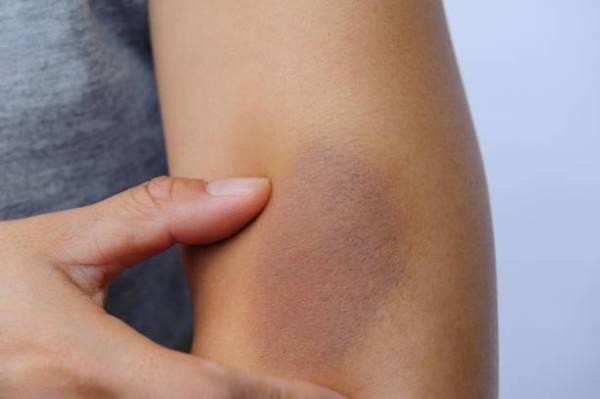Have you suffered an injury and want to know whether you need to visit the doctor? Are you wondering what is a hematoma and what is a bruise?
Everyone gets bumps and bruises from time to time. Sometimes these hurt, sometimes they don’t. Sometimes they’re so mild they barely show up, and sometimes they’re so severe they knock them off their feet.
When some parts of our bodies take a heavy hit, and the blood is forced out, the skin bursts and becomes either a hematoma or a bruise. But what’s the difference?
Here, we are going to look at the differences between hematoma vs bruise so that you can be reassured about the injury that you are suffering from. Read on to learn more!
Their Differences in Appearance
There are a few key differences between bruises and hematomas, most notably in their appearance. A bruise will typically appear as a black-and-blue mark on the skin, caused by the breakage of small blood vessels beneath the surface.

A hematoma, on the other hand, is a more serious condition, caused by a larger amount of blood leaking from a damaged blood vessel. This can cause the skin to appear red, blue, or even black, and is often raised or lumpy to the touch.
The most common cause of bruises is due to accidental falls. It can also be caused by sports injuries, car accidents, and contact sports.
Also read: Involved in a Skiing Accident: Here is What You Should Do
Their Differences in Recovery
A hematoma may take several weeks to resolve. It may require treatment with ice and pressure.
In some cases, surgery may be necessary to remove the hematoma. But recovery from a hematoma after plastic surgery may take longer, as the body needs to reabsorb the blood that has leaked out.

Recovery from a bruise can take anywhere from a few days to a couple of weeks, depending on the severity of the injury. If you are unsure whether you have a hematoma or bruise, it is best to see a medical professional for an evaluation.
Prevention of Hematomas and Bruises
You can avoid these injuries by using proper safety equipment and techniques. If you do injure yourself, apply pressure to the area to help stop the bleeding.
Elevate the injured area to help reduce swelling as well. You should also need to see a doctor if the bruise is large or does not go away after a few days.
Learn the Difference Between Hematoma vs Bruise Today
If you have suffered a blow to the body that results in swelling and discoloration of the skin, you may be wondering if you have a Hematoma or a bruise. There are some key differences to keep in mind between hematoma vs bruise.
So, if you are unsure which injury you have, it is best to seek medical attention to ensure proper treatment is received.
Did you find this article helpful? Visit more of our blogs!

